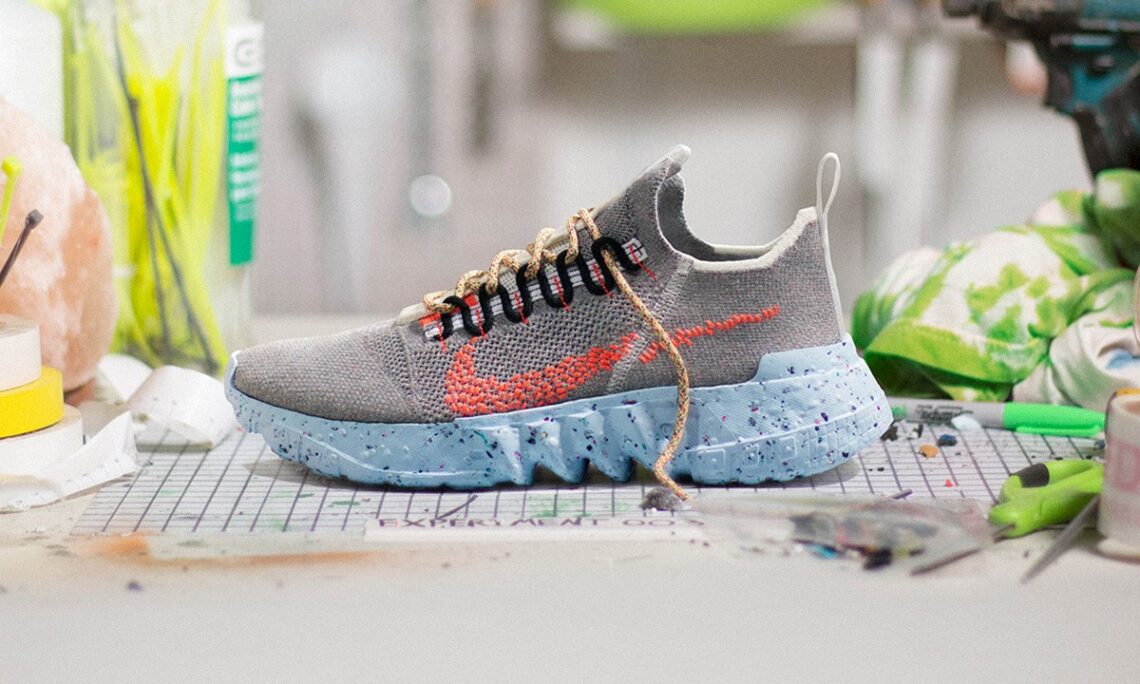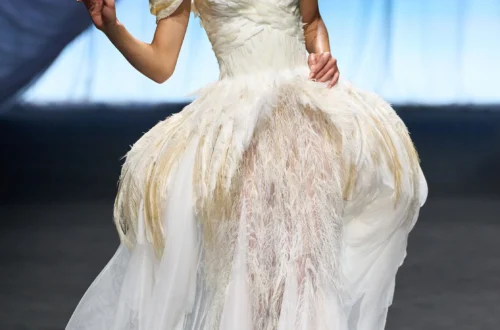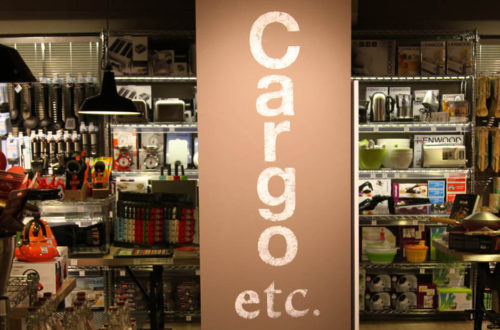Before the 2000s, the Nike product was synonymous with slave wages, forced overtime, and arbitrary abuse. Ever since then, they have been trying to dispel their former reputation. In two decades, they have transformed from a company associated with sweatshops to a true leader in sustainable practices. So much so that in 2015, Morgan Stanley ranked Nike the most sustainable apparel and footwear company in North America for environmental and social performance.
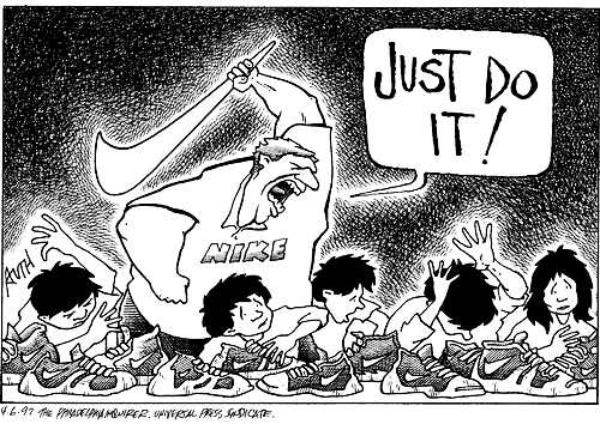
The journey to rebuilding their reputation began with three major shifts in strategy. First, transparency; in 2004, they were one of the first companies to demonstrate transparency and published a complete list of their contract factories. Secondly, Nike co-founded the Fair Labor Association with other businesses, universities, and NGOs to force suppliers to improve working conditions as large suppliers are less likely to be swayed by only one company – even one as large as Nike. Lastly, they correlated their goal of being more sustainable with innovation. For example, in 1992, when Nike invested $50 million in R&D to swap the gas in the sole of the Nike Air shoe and decrease their output of nitrogen, they ended up creating the Nike Airmax 360 sneaker! As the years went by, they continued to stay true to their mission of being more sustainable; in 2015, they even recovered 91% of their waste. A year later, in 2016, John G. McLean, professor of business administration at Harvard Business School, said, “Nike is one of the relatively few large, public companies making investments in potentially game-changing innovations for the sake of sustainability.” That same year they claimed that 71% of their footwear was made with recycled materials.
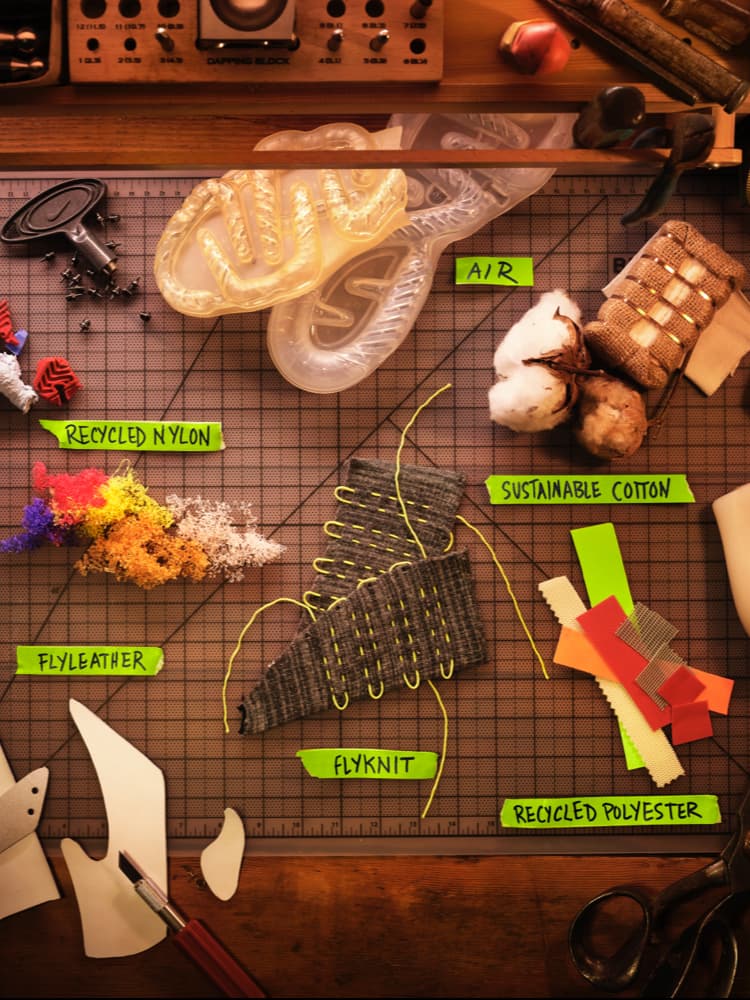
The latest move by the footwear company to improve their sustainability and embrace the circular economy is launching their secondhand footwear program called “Nike Refurbished.” In this program, they would take back gently worn shoes, fix them up, and sell them at discounted rates. Creating a resell program in-house will help Nike obtain some of the profits which have customarily gone to different companies such as Stadium Goods and Flight Club, which are involved in the resell market.
Nike has been an innovator in sustainable manufacturing practices for many years, and their new resell program follows the same path. However, one implication of creating a reselling program is an increase in market share. Raising the question, as more and more large apparel companies adopt the circular business model, what happens to the smaller resell markets? Is this once again Nike combining sustainability with “innovation” as they figured out how to capture more of the profits typically made by small-scale resellers? “Nike Refurbished” may be more sustainable, but is it ethical to seemingly divert profits from small businesses and individuals trying to build their wealth independently?
By Liam Fitzgerald

